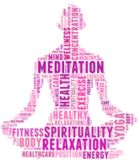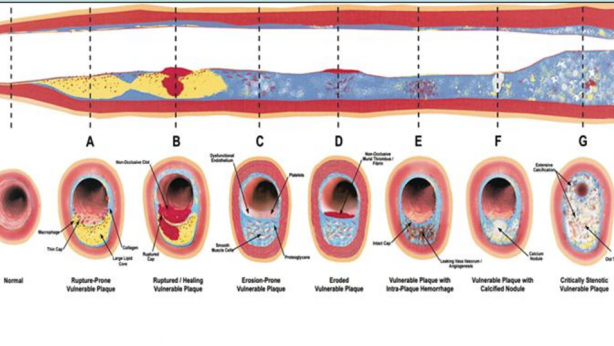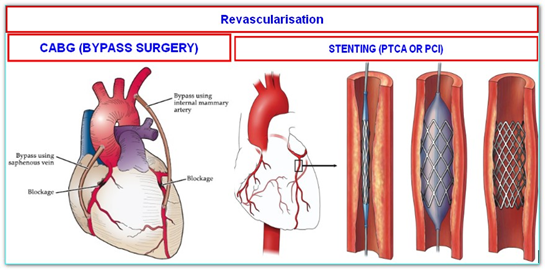What is Meditation? by Bindu Vyas, PhD
Accessing your inner wisdom
The English word “meditation” stems from meditatum, a Latin term meaning “to ponder’ or meditationem, which means “thinking over.” The first known use of the word meditation was in the 13th century in the sense of, “a discourse intended to express its author’s reflection to guide others in contemplation.” The dictionary provides two more definitions of meditation. One, the act or process of spending time in quiet thought, an expression of a person’s thoughts on something. The second, the act or an instance of planning or thinking quietly.


In the last 50 years meditation been scientifically researched and explored by the medical community as it relates to human health and wellness. Two people have brought the concept of meditation to the forefront of lifestyle medicine. The first is Dr. Herbert Benson, a cardiologist who developed the Relaxation Response technique and founded the Mind Body Medical institute at Massachusetts General Hospital. The other pioneer is Dr. Jon Kabat Zinn, who meditated on the states of consciousness, the mind, and how to be fully present in your life. He created the technique of mindfulness-based stress reduction (MBSR).
Meditation is a technique used to reduce stress and in that context, the act of meditation involves clearing your mind of routine worries and focusing on your breath, a word, or a mantra. Further meditation is an activity or process during which people go beyond their automatic thinking in order to deepen their practice.
According to the authors of Lifestyle Medicine Handbook: An Introduction to the Power of Healthy Habits, meditation is a way to pay attention, cultivate awareness, and tend to what is going on within oneself. Others find engaging in sports such as running or swimming to be a form of meditation because of the great amount of concentration and repetitive motion that is required. For some meditation is to “be still,” and then go deeper and be still there, and subsequently, to go deeper again and be still there- all the way to the center.
Meditation is the act of steadying your concentration on one object, your breath, a word, or a feeling. The basic attitude cultivated in all forms of meditation and relaxation exercise is “passive attention.” Your attention is on the immediate process without any expected goal or outcome. Stay open to your surroundings and to the deepest parts of your inner experience. Your mind will rest on the object of your meditation.
Meditation is about focusing and connecting your mind, body, and breath. Meditation is about accessing your inner wisdom.


